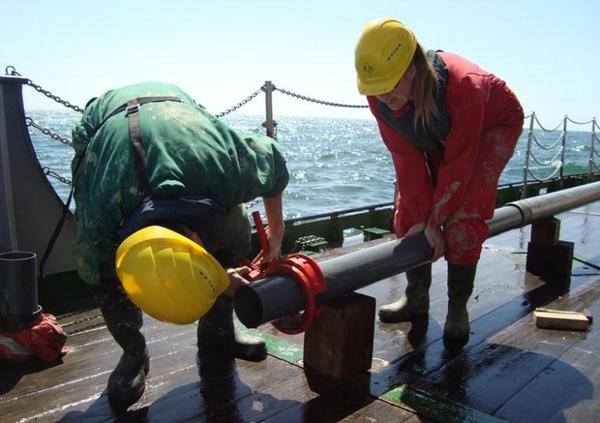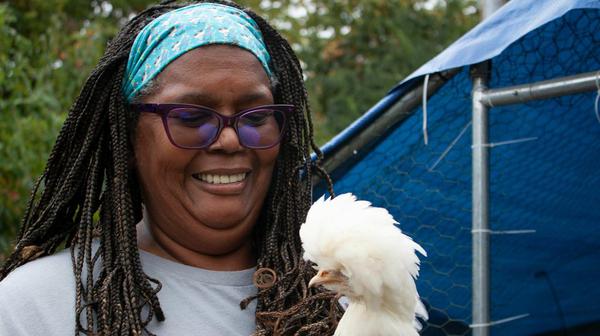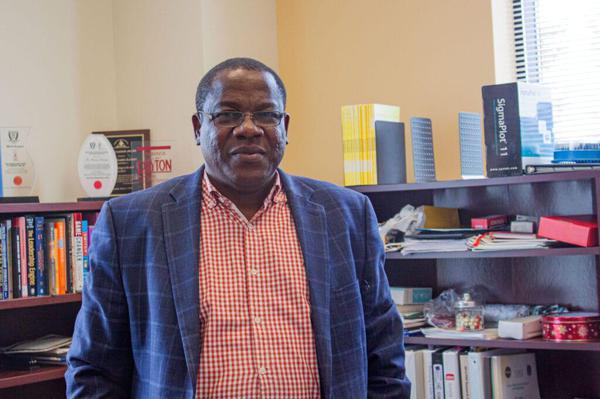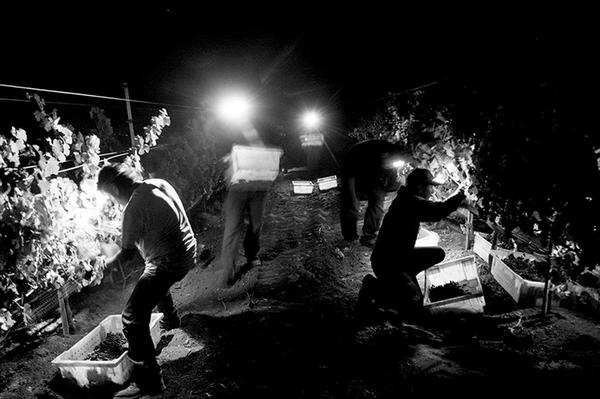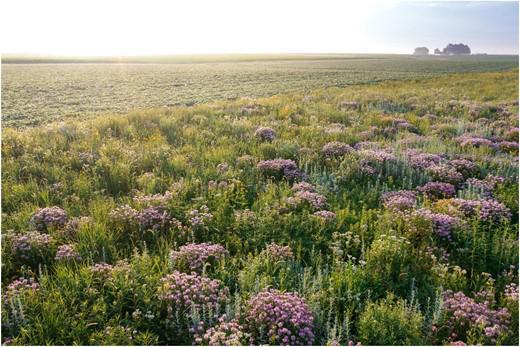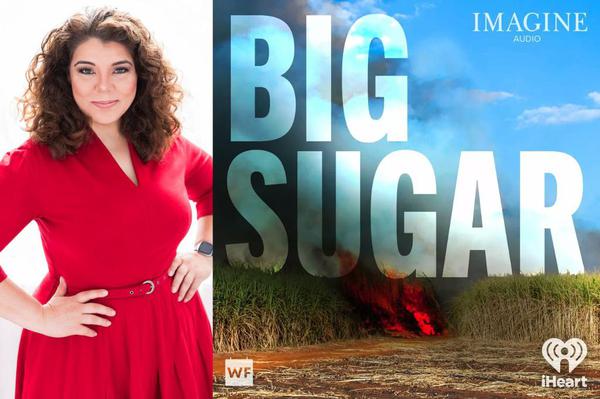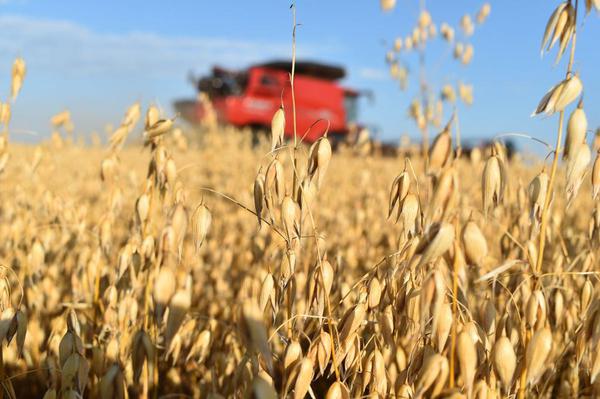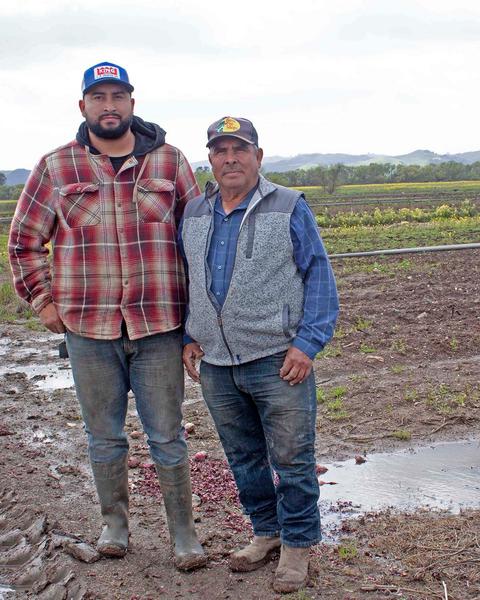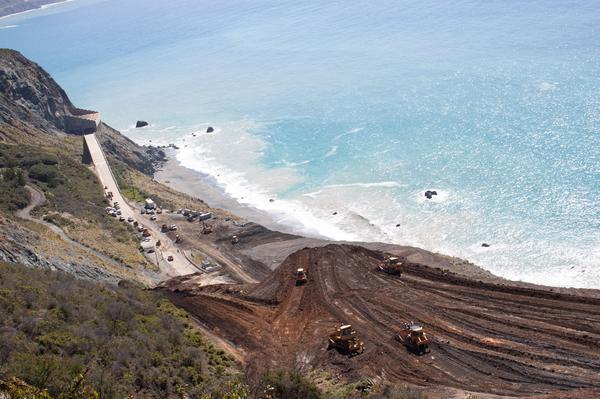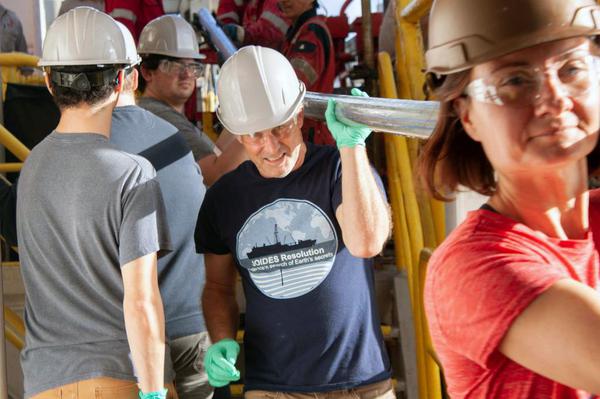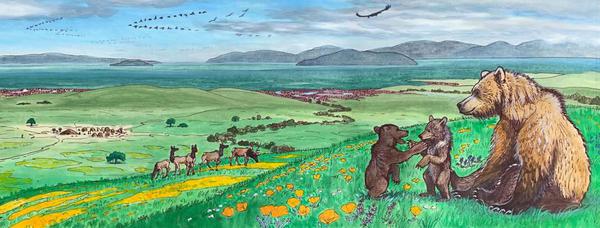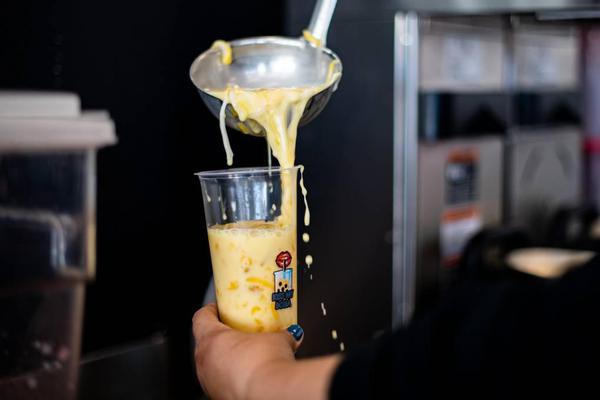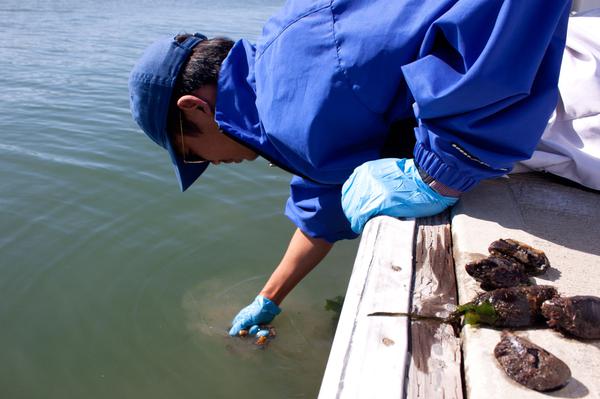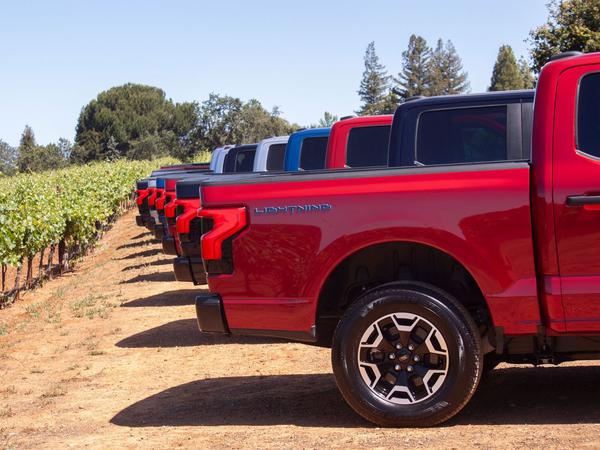

Reporter, producer, writer, editor
A teary-eyed farmer recalls his family's struggle to hold onto the farm in the 1980s. A biologist, disguised to hide her humanity, provides nutrition to an abandoned sea otter pup. Candidates loudly proclaim their memorized commitments to Iowa communities. These are among the stories I've heard and shared.
My work has aired on NPR shows including Morning Edition, All Things Considered and Weekend Edition and on Marketplace, Living on Earth, and The Pulse. I've written for the Boston Globe, The New York Times, Real Simple, BioScience, Wellesley, and Newsweek. My podcast credits include Bay Curious, Caucus Land, Field Work, and The California Report Magazine. I've been an editor for the California Newsroom and St. Louis Public Radio, a reporter at Iowa Public Radio/Harvest Public Media, and a contributor to KQED, WFCR and KUAC.
I'm currently the news director at 90.3 KAZU, NPR for the Monterey Bay Area.
Scroll down for a sampling of the people I've met.
 Filters & Sorting
Filters & Sorting



